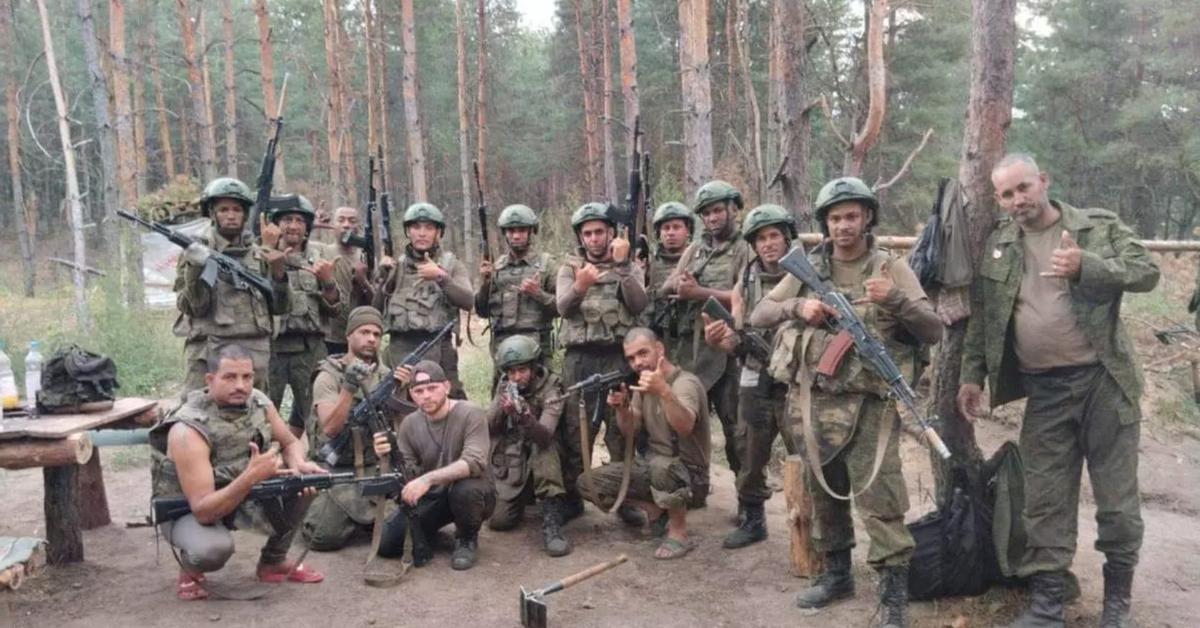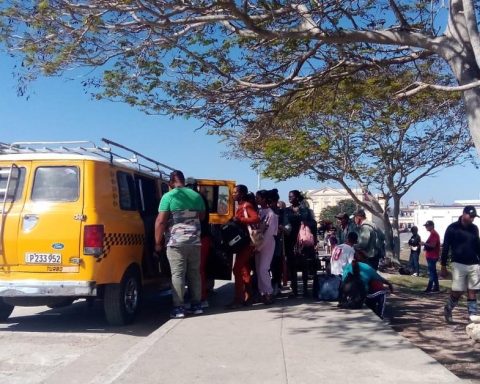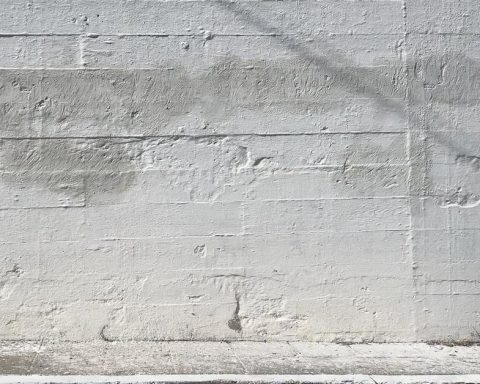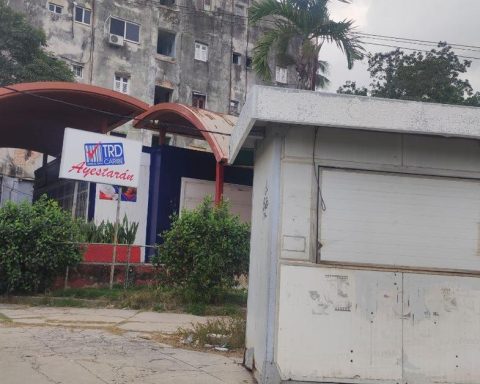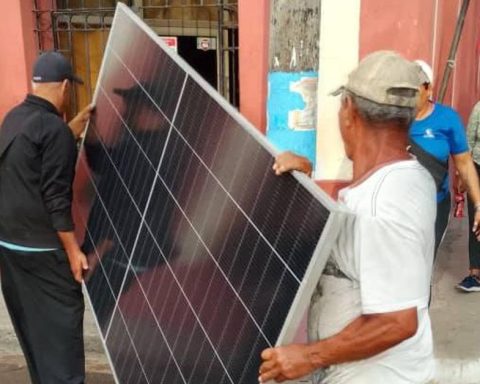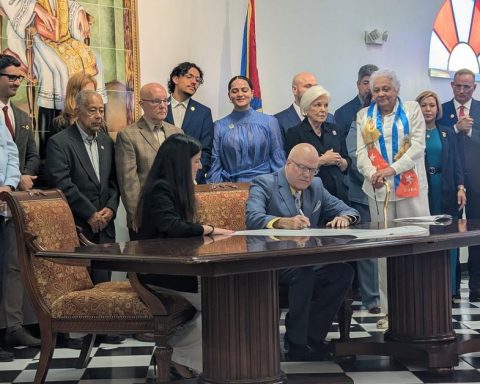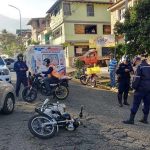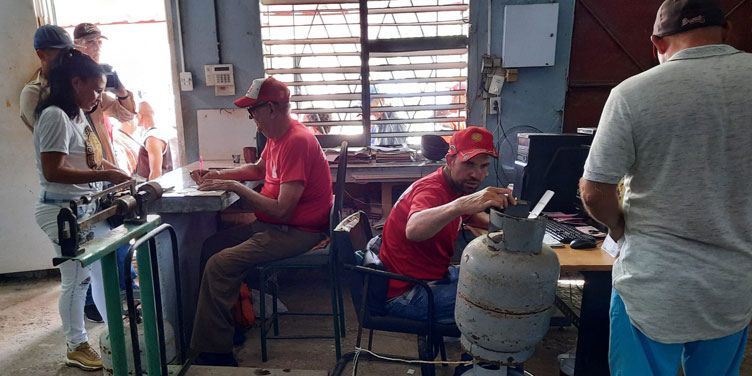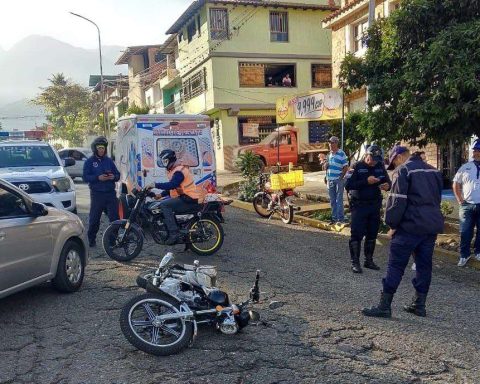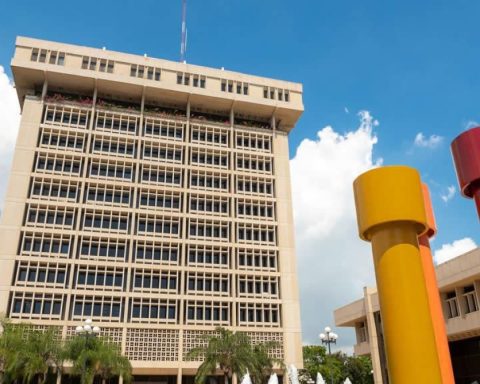Madrid/Seduced by a salary of 2,000 dollars a month, a flight out of the island and other benefits, many Cubans failed to see the death trap that the Russian nationality promised by Vladimir Putin to foreigners who signed a contract to fight with his Army against Ukraine. Although the agreed bond was initially for one year, the passport has turned them into citizens with all the rights, but also obligations, among which at this moment is going to war.
“Now they tell us that, as we are Russian citizens, we have to continue fighting until the end of the war,” said Jorge, pseudonym of a Cuban interviewed by the European edition of Political. The media, which already published a report in September 2023 with the testimonies of several young people from the Island who were hired as combatants for the invasion of Ukraine, has contacted some of them again. All have been stripped of their Cuban passport and although some do not even have proof of having Russian nationality, the obligation is still there.
“They are using citizenship to tie us down. That is blackmail,” says another who has been baptized as David. Although his contract ended in July, since October 2023 he has not seen his Cuban passport, “guarded” by his superiors. Furthermore, he does not have the Russian one either, also in the safekeeping of his bosses with the argument that it was safer not to carry it with him when he was in Ukraine. At least he knows it exists. Other Cubans have never seen the promised document, which from the island seemed like a dream and now gives them – in the journalist’s words – “a status that few native Russians would envy.”
Other Cubans have never seen the promised document, which from the Island seemed like a dream
“They don’t want to let us go,” adds Manuel, who was one of the first Cubans to enlist and a year and a half later he still had not seen the passport. To identify yourself, you only have a military document.
“They don’t have any documents,” he explains to Political Ivan Chuviliayev, an activist who helps Russians defect from the front. “The passports are in the possession of the Ministry of Defense. So they can’t just run away and appeal to their country’s embassy,” he says.
Dara Massicot, a defense analyst at the Carnegie Endowment for International Peace and also consulted for the report, agrees. “Foreign fighters should know that if they sign a contract with the Russian military or accept a passport from them, they are signing up to fight indefinitely in Ukraine until the Kremlin declares an end to the operation, or they are killed or seriously injured,” he says. .
Both specialists also doubt that alerting Havana will serve any purpose. The report deals with two options, both that the regime is aware of these recruitments and does nothing to prevent it – or even actively cooperates – and that it sanctions cases of mercenarism, based on the arrest of 17 people in September. of 2023, from which situation, by the way, nothing else has emerged. In either case, they consider, the Plaza de la Revolución would not lift a finger for its compatriots, since it would mean facing an essential ally for its survival.
The Cubans have not been the only ones who have taken Putin’s bait
The Cubans have not been the only ones who have taken Putin’s bait. Although there are no figures, Political He highlights that there are numerous combatants from different countries, and cites among them Nepal, Ghana, Syria, Sri Lanka and India. Since the latter, they claim, the Government pressured Russia to “recover” its citizens, in the face of the island’s silence.
The media, which considers that this serves Moscow to conduct geopolitics, admits that the Cubans interviewed alluded to economic reasons to justify their hiring, “free and voluntary.” Furthermore, everyone believed that there they would have low-skilled jobs that would not involve direct participation in the war. “In Cuba, they said, they had struggled to make a living as teachers, carpenters, waiters and in construction. A year of military service, they hoped, would allow them to acquire a new nationality and, with it, a new life,” the note explains.
“If only I could have dug trenches…” David laments, his voice breaking. “Last year I did what I said I would never do, but it was kill or be killed and I have four children to take care of.” The Cuban said through tears to Political that the extension of the time he had planned in the Army is what is most undermining his morale. “I made a pact with God for a year, and He protected me. But not two or three years. “I wouldn’t wish on anyone to wake up in the morning facing the choice between suicide or murder.”
Some recruits have been assigned to positions further back than others, but all those interviewed by the media have been wounded, fortunately not seriously. One of them – also diagnosed with post-traumatic stress – has reported that, while the stitches in his right hand were healing, his commander barely told him that he should learn to shoot with his left.
The report also dedicates a section to mentioning those who do not return, because although the cases barely make it to social networks or independent media, they do occur and it is difficult to bring them back.
“In at least some cases, Cuban recruits simply seem to disappear into thin air”
“In at least some cases, Cuban recruits simply seem to disappear into thin air. With neither Havana nor Moscow showing much interest in their fate, and being off the radar of human rights groups helping mobilized Russians, Cuban relatives thousands of miles away are often forced to draw their own conclusions. “, adds the text, which recalls the case of Denis Frank Pacheco Rubio, a recruit from Santa Clarapossibly died in June, in Siversk (Donetsk) without his family having any news.
“Cubans like me fear both Cuba and Russia,” admits David, who managed to flee months ago and lives in a secret place, without documents, waiting to leave the country.
The note recounts the serious sanctions to which a deserter is exposed, including death, and mentions the case of a recruit who remained six days in a well without food in retaliation, after a companion escaped. Once the punishment was completed, they let him go, but without a passport the situation was not easy. Several days later, he stopped responding to messages. That was in mid-April and the family has not heard from him since.
Three of the four recruits interviewed by Political and whose one-year contracts have concluded they plan to remain there before being punished. “All I can do is wait,” admitted one, “and pray to God that one day they will allow me to leave this place. Like a free man.”
